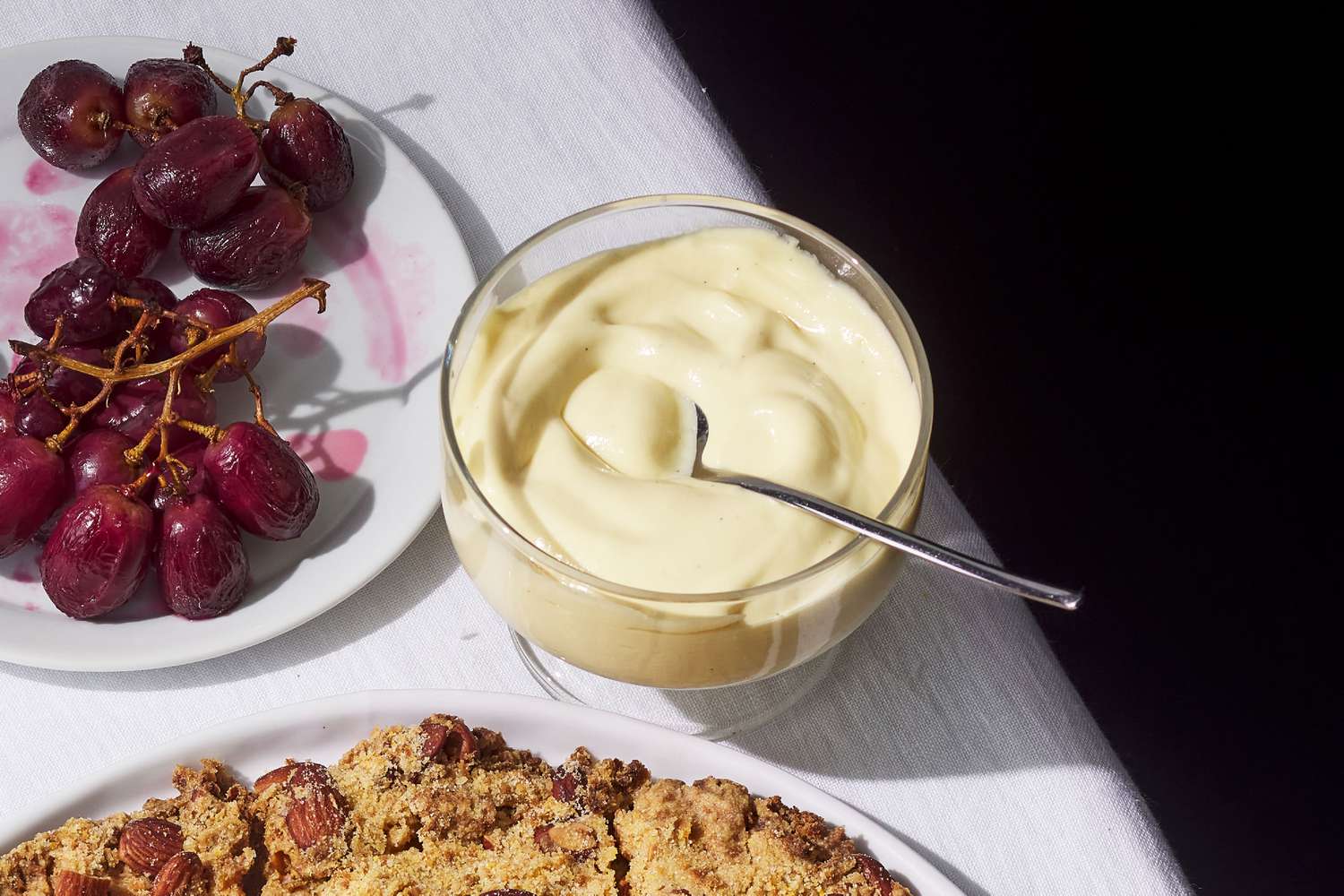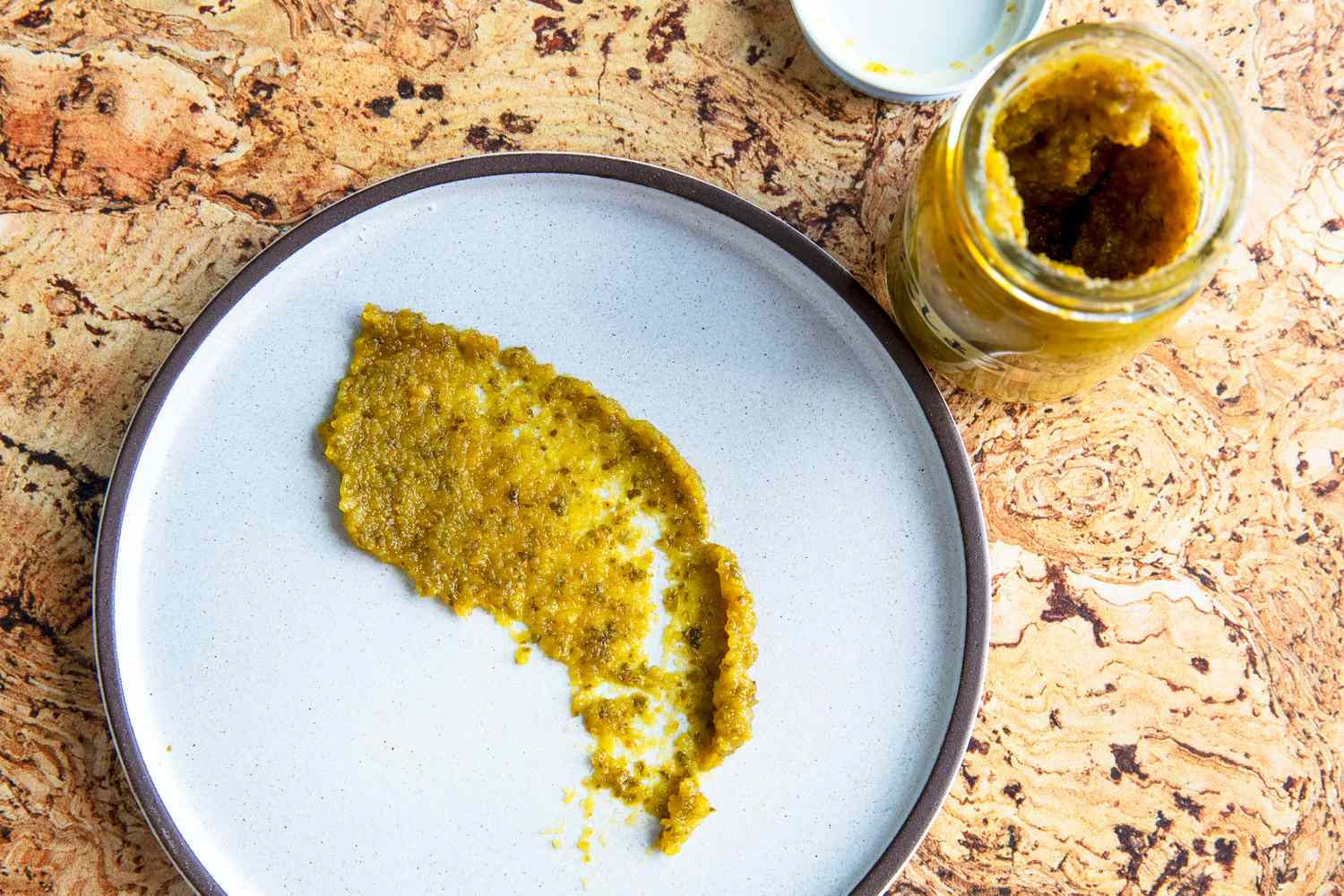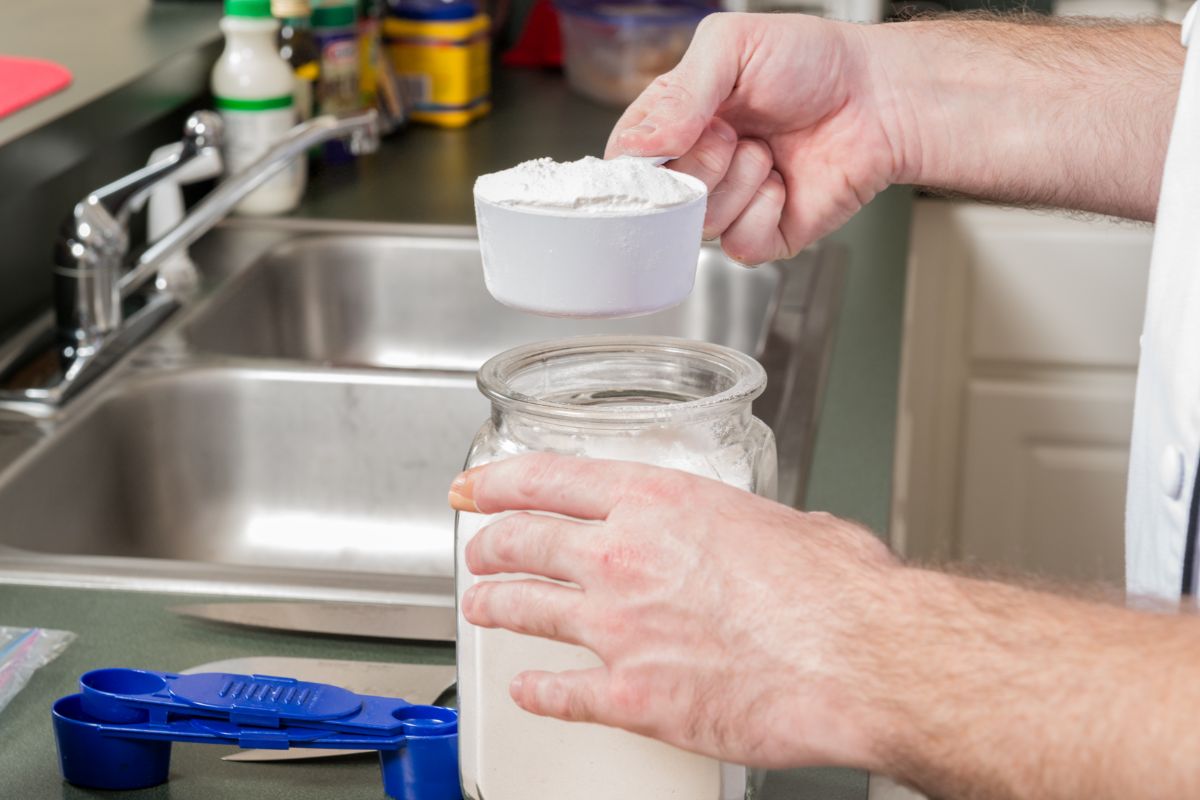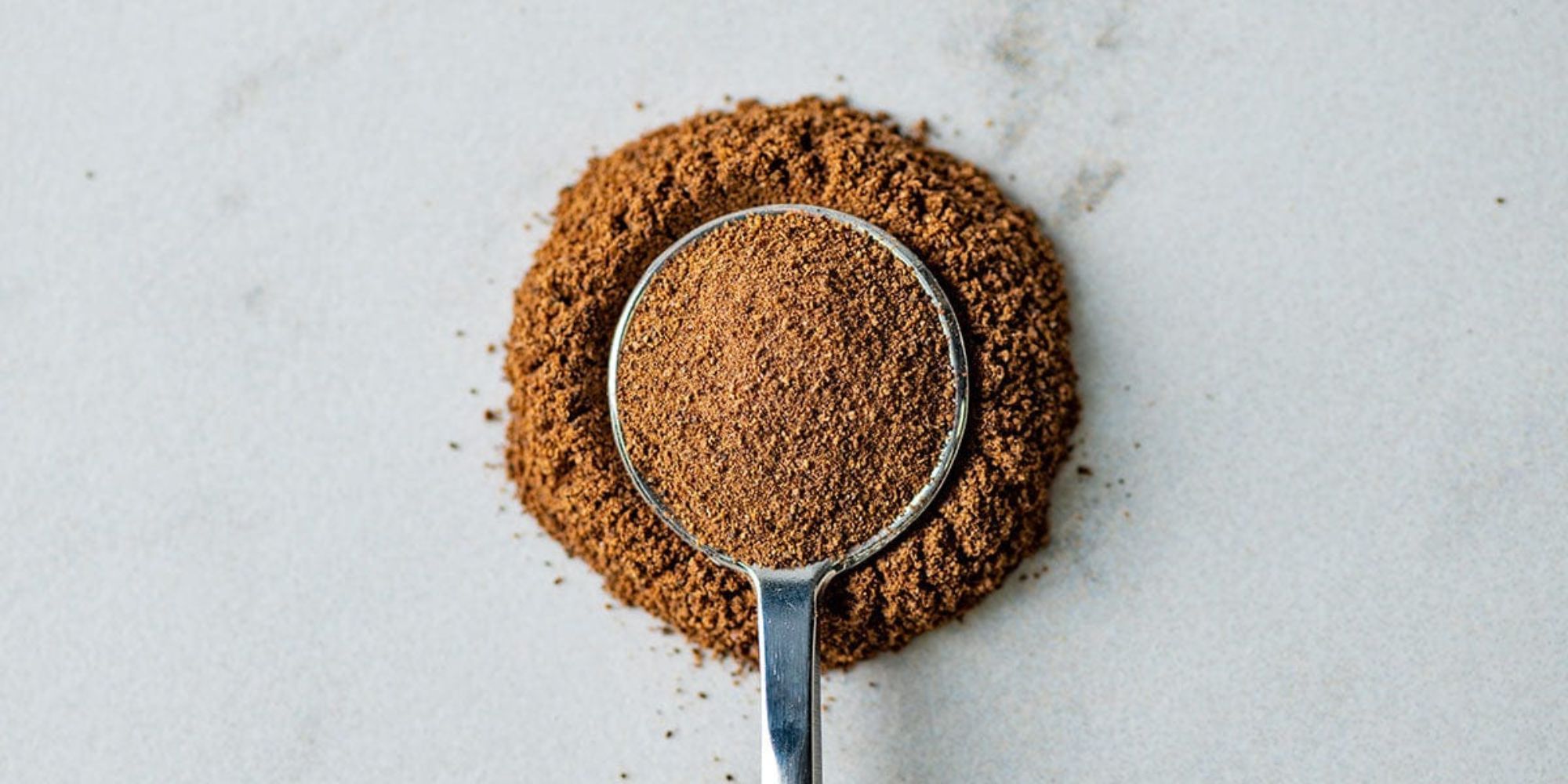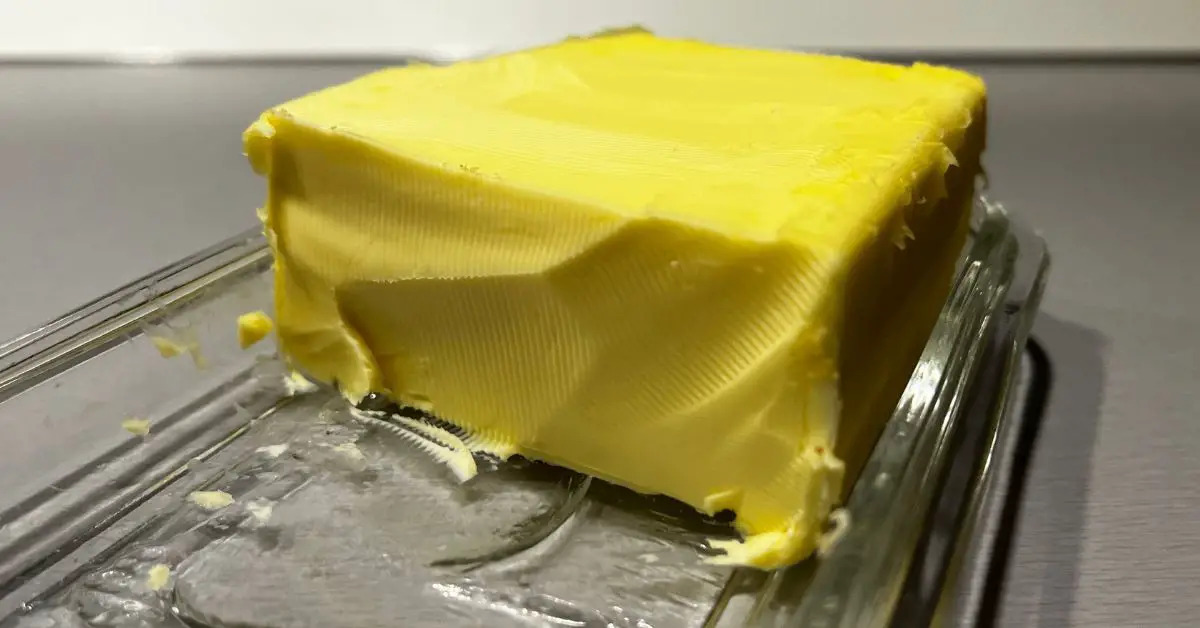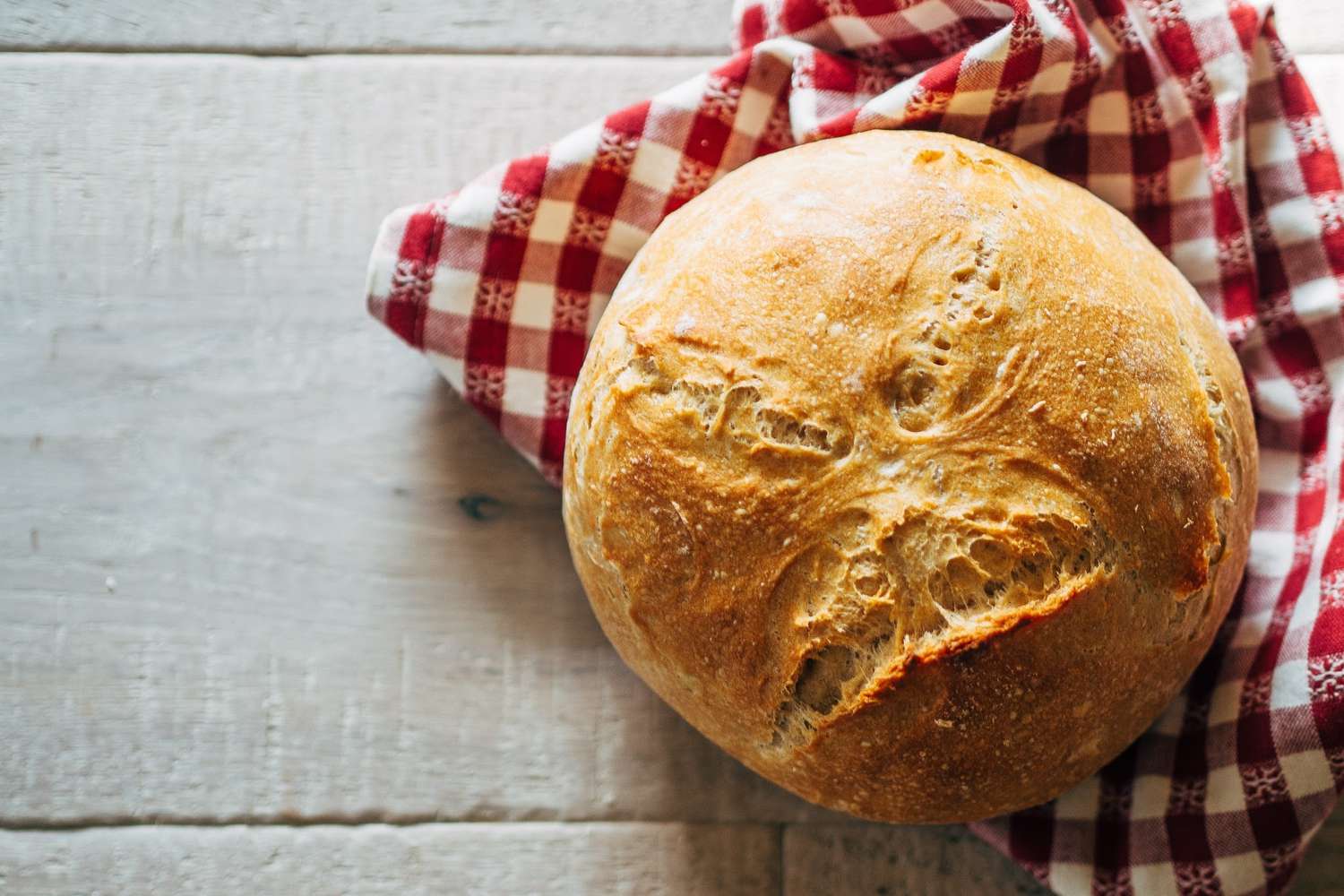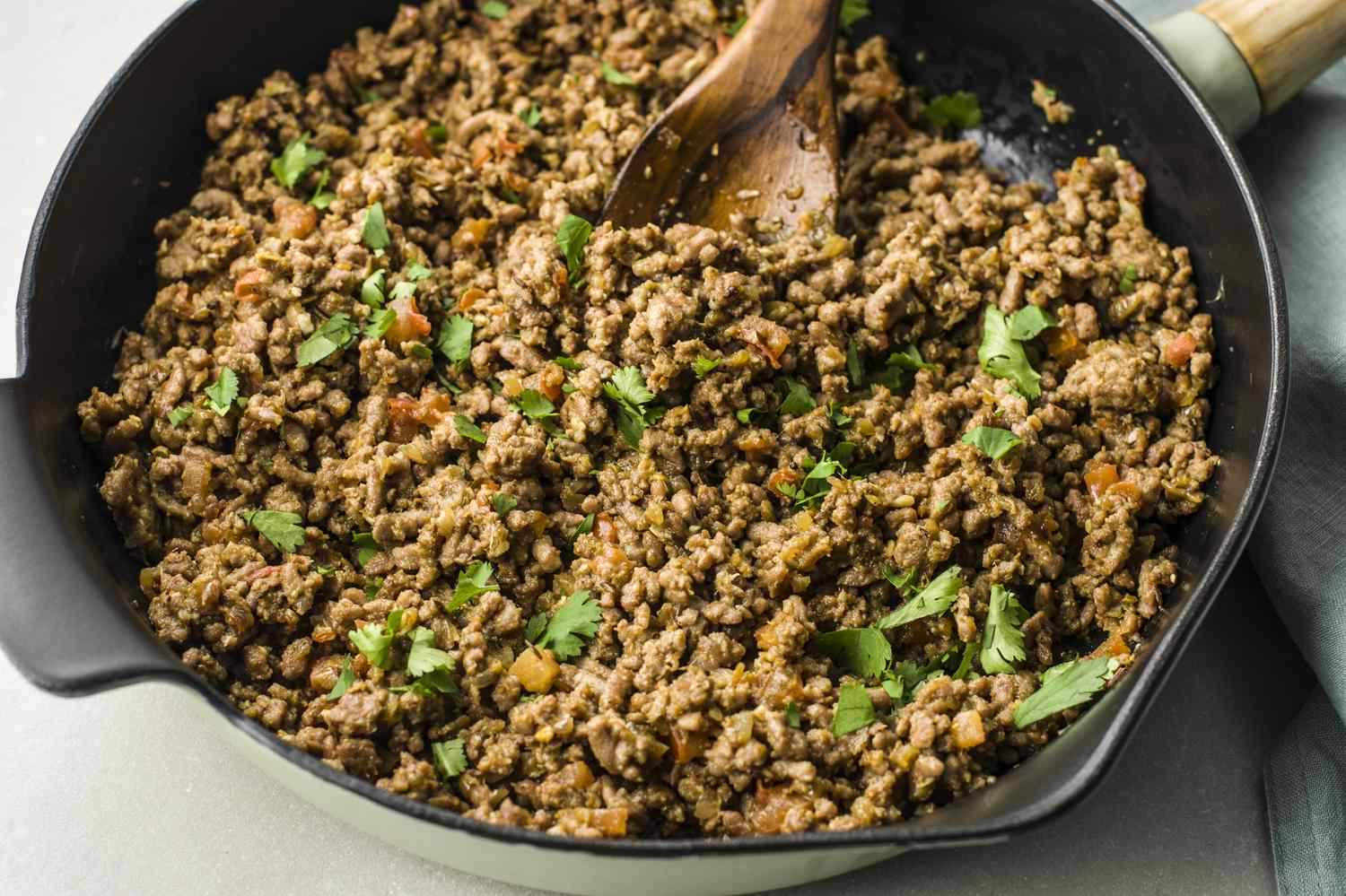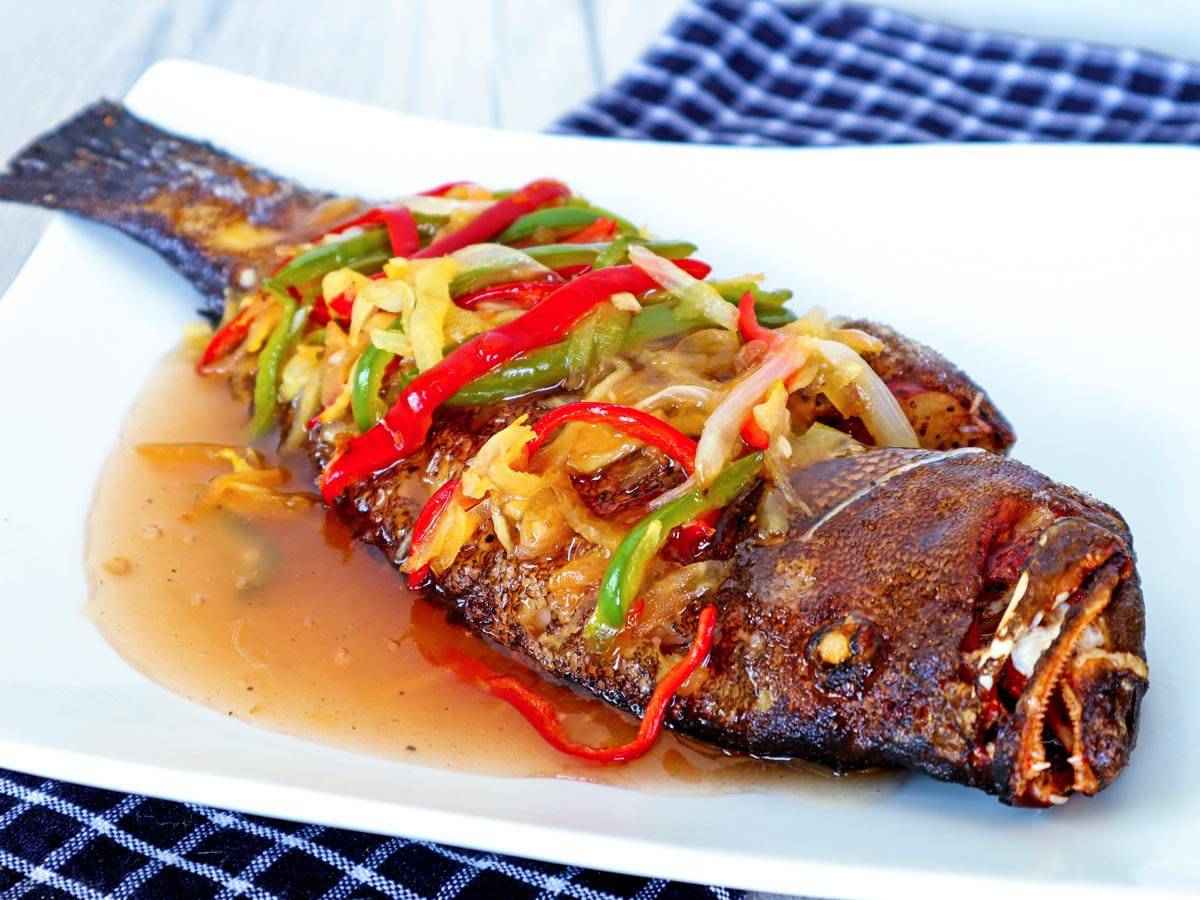Duck Blood: A Unique Ingredient in Culinary Traditions
When it comes to exploring different cuisines and culinary traditions, one may encounter a wide array of unique and unconventional ingredients. Duck blood is one such ingredient that has been a part of various culinary practices around the world. While it may not be as commonly used as other parts of the duck, such as the breast or legs, duck blood holds a significant place in certain regional cuisines and dishes.
What is Duck Blood?
Duck blood, as the name suggests, refers to the blood of a duck. In culinary contexts, it is often used in the preparation of certain dishes, adding a distinct flavor and texture to the final product. The blood is typically collected and processed for culinary use, and it can be incorporated into soups, stews, and other recipes.
Culinary Uses
In many Asian cuisines, particularly in Chinese and Vietnamese cooking, duck blood is utilized in various dishes. It is commonly featured in soups, where it adds a rich, iron-like flavor and a unique, gelatinous texture. Additionally, duck blood can be used to enhance the flavor and consistency of certain traditional noodle dishes, creating a distinctive culinary experience.
Nutritional Value
Duck blood, like other organ meats, is a good source of essential nutrients. It is rich in iron, protein, and various vitamins and minerals. While it may not be a staple in every diet, incorporating duck blood into certain dishes can provide a nutritional boost and contribute to a diverse and balanced culinary repertoire.
Cultural Significance
In many cultures, the use of duck blood in cooking is deeply rooted in tradition and culinary heritage. It is often associated with specific rituals, celebrations, and communal gatherings, where dishes featuring duck blood hold symbolic and cultural significance. Understanding the cultural context of this ingredient can provide valuable insights into the culinary traditions of different regions.
Cooking Tips
If you are intrigued by the idea of incorporating duck blood into your cooking, there are a few important considerations to keep in mind:
- Source: Ensure that you are sourcing duck blood from reputable suppliers or markets, prioritizing quality and freshness.
- Preparation: When using duck blood in recipes, it is essential to follow proper preparation techniques to ensure food safety and optimal flavor.
- Flavor Pairings: Experiment with different flavor pairings to complement the unique taste of duck blood, such as aromatic herbs, spices, and umami-rich ingredients.
Conclusion
While the idea of using duck blood in cooking may initially seem unconventional, it is important to recognize the cultural and culinary significance of this ingredient. Exploring the diverse world of food and ingredients allows us to appreciate the rich tapestry of global culinary traditions. Whether you are a seasoned chef or an adventurous home cook, embracing unique ingredients like duck blood can open up new dimensions of flavor and cultural understanding in the kitchen.
Was this page helpful?
Read Next: What Is Cowboy Candy Used For
